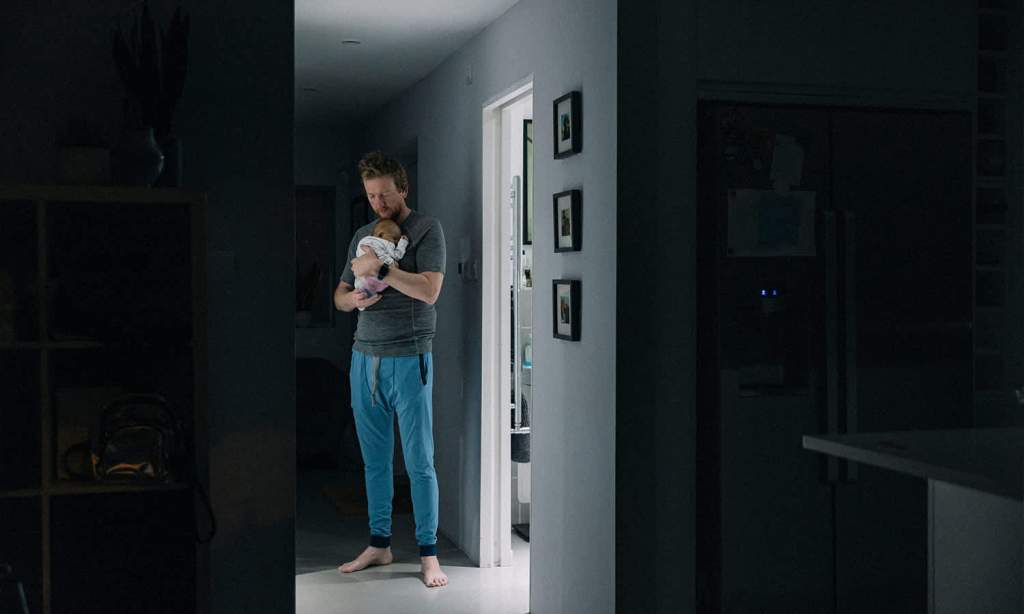Perinatal depression and anxiety is super common, affecting between 15 and 20% of women in Australia. Symptoms can range in severity and length and occur both before and after giving birth.
It’s something that we often refer to as the ‘baby blues’ but, as it turns out, the condition is not limited to women or those who give birth. Dads and the partners of people who have given birth are also susceptible to it.
While it’s less commonplace amongst partners, research has shown that around 10% of partners also experience perinatal depression and anxiety. This being said, 60% of Aussies are unaware that the condition exists for those who haven’t given birth.
Because of this, the charity Perinatal Anxiety & Depression Australia (PANDA) has partnered with the paternal advice group SMS4dads to raise awareness of the impact of mental health distress on Dads and their families during pregnancy and the first year of their child’s life.
According to PANDA, while most calls to the group are from mums, in the last 12 months they have seen a 20% increase in calls from dads experiencing mental health issues. This works out to around 50 calls a week.
PANDA CEO Julie Borninkhof has said that there remains a strong perception in the community that the perinatal period is about mums and bubs.
“Men who have engaged with antenatal classes report they have very low expectations about the levels of service they will receive,” Borninkhof said.
“In reality, many dads who call our helpline report that the challenge of supporting their pregnant partner is exhausting. After the birth of their child, many have trouble adjusting to parenthood, and they are unsure of how to gauge whether the mental and emotional load of parenthood is affecting their own mental health”.
The condition is characterised by depressive symptoms like a loss of enjoyment in usual activities, a loss of self-esteem and confidence, a loss or a gain in appetite and weight, difficulty sleeping, a sense of hopelessness, suicidal thoughts or ideas, panic attacks, and paranoia. Often people who have experienced mental health issues before are more susceptible to perinatal depression and anxiety, which can be triggered by the stress of pregnancy, childbirth, and parenthood.
Borninkhof said there is “no doubt” that COVID-19 has contributed to the increase in stress felt by dads.
“Dads have been home more and in many cases, the family income has been put under pressure, with dads feeling the threat of potential job loss,” she said.
“We know how big an issue mental health is for men in general and when men who are experiencing mental health issues become fathers, the pressure is even greater.”
Anyone who is a new parent and feeling the strain is advised to get in touch with PANDA or SMS4dads. The latter is a free text service that offers ideas, tips, information, and advice to new fathers and partners which are tailored to the age of the new baby.
“In general men don’t often ask for help which is why we offer the text service. They don’t need a referral, no one needs to know they are receiving them, and the information is tailored to the age of the child or stage of their partner’s pregnancy,” said Richard Fletcher PhD, Associate Professor, Fathers and Families Research Program, School of Health Sciences University of Newcastle.
Since the service launched, SMS4dads has supported over 10,000 new dads in the lead-up to the birth of their baby and through the first 12 months of parenthood.
Read more stories from The Latch and subscribe to our email newsletter.







